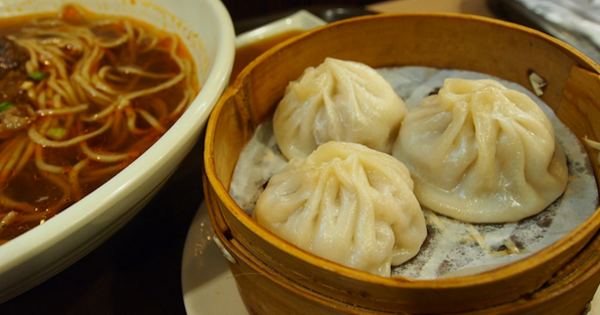In total, 35 restaurants were shut down for illegally using opium as a seasoning on their food, in order to make their customers addicted.
The restaurants that closed were all across China, and five of them are being prosecuted as a result, according to the China Food and Drug Administration. The other 30, including Shanghai dumpling spots and Chongqing noodle carts, are still under investigation.
One of the restaurants in the group of eateries doping up their customers is a popular hot pot chain in Beijing. Hot pot are varieties of East Asian stew and is very popular in and of itself.
It has not been made clear yet exactly how the chefs used the drug in the food, but in previous, similar cases, it’s been used to cause serious addiction in order to increase sales.
A total of 215 restaurants were closed in 2004 for similar charges and then seven more in 2012.
The Independent reports that a similar event happened in 2014 when a noodle seller failed drug tests.
According to the Associated Press, in the past cooks in China have seasoned soup and seafood with poppy powder, which contains drugs like codeine or morphine, however, it’s not clear that a person eating the food will in fact get “hooked” from the drugs.
Poppy powder is sold in China for about $30 a pound, according to news agency Xinhau.
The powder is usually combined with other powders and chili oil to make it more difficult for police to find.
This is not the first time Chinese consumers have faced less-than-acceptable food quality issues.
Other concerns of the general public, and the Chinese FDA, include tainted baby milk, fake meat, and foods pumped with gelatin, according to the Associated Press.
Just in 2014 the problems increased again when McDonald's, Starbucks, and KFC were supplied expired and unsanitary chicken meat from Shanghai.





